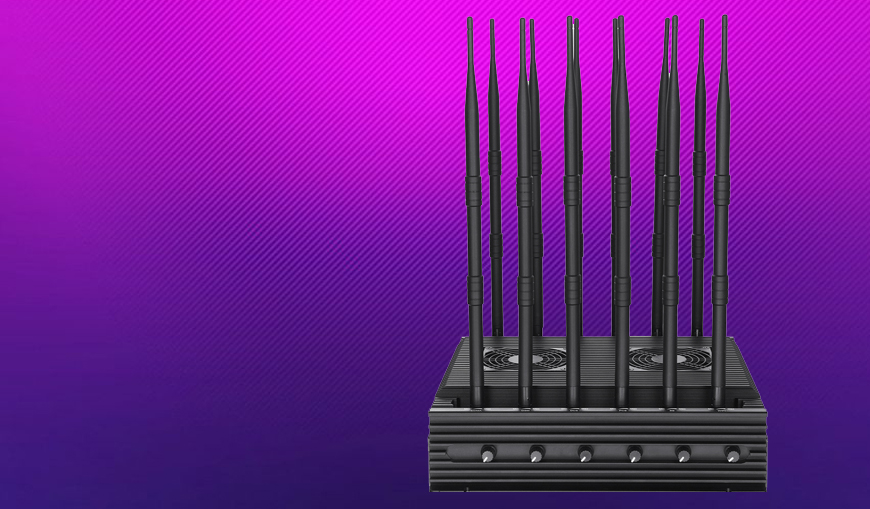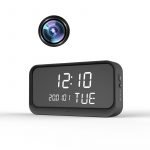How Does Cell Phone Jamming Work?

If you’ve ever wondered how cell phone jamming works, you’re not alone. It can help you stop emergency signals, location tracking, and much more. To learn more, read this article! Here are a few things to keep in mind before buying one:
Blocking cell phone signals
The construction of a home or building can have a significant impact on cell phone reception. While wood and brick are typically not conductive, they can block cellular signals. Wood and brick walls also block signal strength by increasing the number of layers. Plaster, which is a mixture of gypsum, lime, and cement, can also block cell signals up to -28 dB. Listed below are some other ways to block cell phone signals.
Blocking cell phone signals in classrooms may be a way to enforce cell phone rules without making the room uninviting. Many schools are increasingly blocking cell phone signals in classrooms, but some do so because a few students are abusing the rules. While it is true that some students will always try to disrupt others, it is possible to prevent this by requiring students to turn off their phones when entering the classroom or putting them on vibrate. Schools may also confiscate the phones of students who are frequently distracted by cell phone calls.
Insulated homes can also block cell phone signals. Because insulated materials keep the temperature inside the building, cell signals are reflected away from them. Buildings with insulated glass can also block signals. Single sheets of drywall can also improve signal strength. Insulated glass may be the best option for preventing cell signal refraction. Some building materials may not block cell phone signals, but they can interfere with them. If you cannot afford a signal booster, consider installing a Faraday cage or other device.
Blocking emergency signals
Cell phone signal jamming can be dangerous, and it interferes with your ability to make calls, surf the web, and use navigation devices. It can also hinder the emergency services from performing their duties, and blocking emergency calls can even be life or death. Signal jammers can be installed on buildings, underground, and in areas that have heavy call volume. And while this might not seem like a big deal, it can have serious consequences if you are not careful.
One solution is to install signal jammers in public places, such as a theater or school. These devices can be placed as close as three inches away from the cell towers, so that the jamming will not affect other vehicles or occupants. Another option is to install a small device on your steering wheel or car. This device can be designed to block emergency calls and not interfere with medical devices and streaming music services. Moreover, some cell phone jammers can be programmed with algorithms that adapt their output depending on the strength of the cell signal in the area.
However, this technology is not legal in the U.S., and the FCC hasn’t responded to requests for comment. It is illegal to operate and own a cell phone jammer in some countries. The FCC has not commented on the issue, but a Florida man was recently arrested and charged for using an illegal device. It remains unclear whether this device will work for emergency situations, but it could be an effective solution for those whose safety is in doubt.
Blocking location tracking
When we’re traveling, we can’t avoid the GPS trackers on delivery vehicles. It’s annoying, but GPS is necessary at times. But when a manager keeps track of your whereabouts, GPS can become a hindrance. GPS jammers work by sending out noisy signals that block GPS transmission. GPS and WiFi have nothing in common, so a GPS jammer is an ineffective solution to this problem.
If you have a cell phone, you may not know that there are devices that can block your location. But cell phone jammers are an easy way to avoid being tracked by others. If you’re trying to keep your children out of your phone, you might want to invest in a cell phone signal jammer. The FCC doesn’t approve of these devices, but many parents find them useful to keep their kids off their phones.
This technology can also help the individual user. While GPS tracking can be beneficial, it’s possible that the government is trying to monitor our movements. Fortunately, most people’s cell phones come with built-in GPS tracking capabilities, and that’s a good thing. The government can even monitor where you’re going and who’s calling you. The dangers are many and you can protect yourself by making your cell phone jammer as effective as possible.








